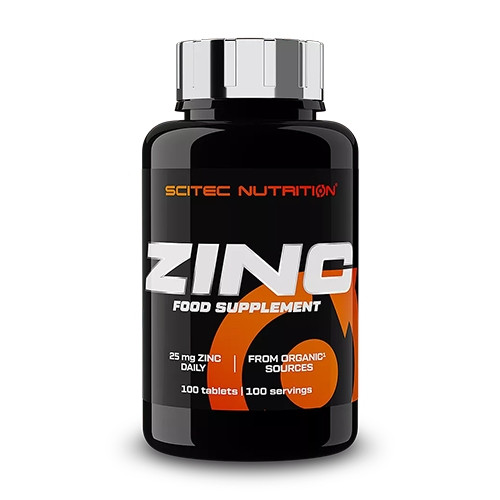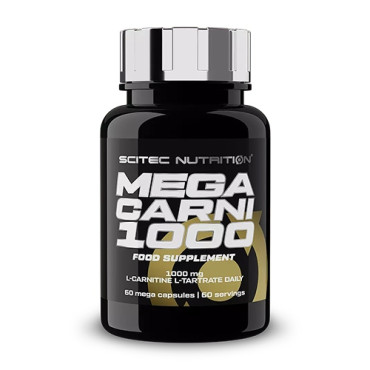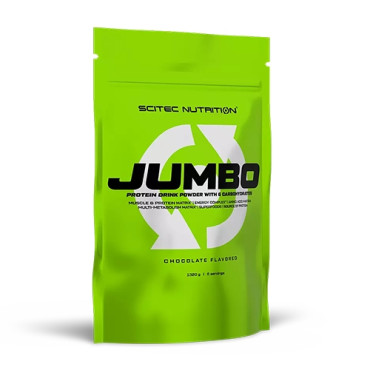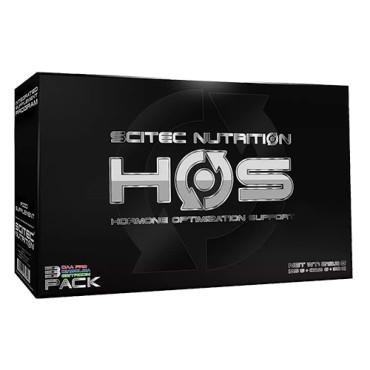What should you know about zinc?
Zinc is the second most abundant trace element in the human body after iron. The average 70 kg adult body contains 2-3g of zinc.
Dietary sources include oysters, stone fruits, and beans. However, since most plant-based zinc-containing foods contain phytates that inhibit the bioavailability of zinc, the body does not utilize zinc from plant-based foods as well as from animal foods. This is why dietitians who follow a vegan or vegetarian diet are recommended to increase the RDA by 50%.
The percentage distribution of the 2-3 grams of zinc is not even, about 60% is found in skeletal muscle and 30% in bone. One in ten proteins in the human body has a zinc-binding site and cofactors are found in every single enzyme class. Its role is as a catalyst, structural process, or signaling molecule. Zinc is a cofactor for nearly 300 enzymes involved in the breakdown of alcohol, alkaline phosphatase, angiotensin convertase, RNA and DNA polymerase, among others. Transcription factors that activate genes also require zinc.
Benefits of Zinc
The European Food Safety Authority lists some of the beneficial properties of zinc:
- Zinc is involved in maintaining normal acid-base balance and normal carbohydrate metabolism.
- It helps to maintain normal mental function and normal blood levels of testosterone.
- It plays an important role in the normal functioning of the immune system and in protecting cells against oxidative stress.
- Zinc is involved in normal protein synthesis and the maintenance of normal fertility and reproduction.
Zinc deficiency affects more than 17% of the world's population and has a number of consequences, for example, on the normal functioning of the immune system. Zinc regulates several key processes in innate immunity, including phagocytosis, intracellular degradation, and cytokine production. In the adaptive immune system, zinc deficiency results in reduced T-cell development and function and reduced antibody production by B-cells.
Zinc and Sport
The first recognition of an enzyme that contains zinc was carbonic anhydrase. This enzyme is responsible for the transport of CO2 in the blood and the pH stability of the blood. With reduced zinc supply, VO2 max and thus exercise capacity is reduced.
In individuals who were found to be deficient in zinc, testosterone production was also insufficient. With zinc supplementation, serum testosterone levels improved significantly. In athletes, particularly elite athletes, ongoing physical and emotional stress can significantly reduce testosterone production. In a 2007 study of elite wrestlers, zinc sulfate supplementation increased both free and bound testosterone levels.
Additional Benefits:
- Zinc helps maintain normal mental function and normal blood levels of testosterone.
References:
- Hernández-Camacho JD, Vicente-García C, Parsons DS, Navas-Enamorado I. Zinc at the crossroads of exercise and proteostasis. Redox Biol. 2020 Aug;35:101529. doi: 10.1016/j.redox.2020.101529. PMID: 32273258; PMCID: PMC7284914.
- Wessells KR, Brown KH. Estimating the global prevalence of zinc deficiency: results based on zinc availability in national food supplies and the prevalence of stunting. PLoS One. 2012;7(11):e50568. doi: 10.1371/journal.pone.0050568. PMID: 23209782; PMCID: PMC3510072.
- Karakükçü Ç, Polat Y, Altuner Torun Y, Ortaköylüoğlu Aİ, Katırcılar Y. Effects Of Exogenous Coenzyme Q 10 And Zinc Supplementation On Performance and Muscular Injury In Young Amateur Boxers. JAMER. 2019;4(2):37-46.
- Grüngreiff K, Gottstein T, Reinhold D. Zinc Deficiency-An Independent Risk Factor in the Pathogenesis of Haemorrhagic Stroke? Nutrients. 2020 Nov 19;12(11):3548. doi: 10.3390/nu12113548. PMID: 33228216; PMCID: PMC7699494.
- Prasad AS, Mantzoros CS, Beck FW, Hess JW, Brewer GJ. Zinc status and serum testosterone levels of healthy adults. Nutrition. 1996 May;12(5):344-8. doi: 10.1016/s0899-9007(96)80058-x. PMID: 8875519.
- Kilic M, Baltaci AK, Gunay M, Gökbel H, Okudan N, Cicioglu I. The effect of exhaustion exercise on thyroid hormones and testosterone levels of elite athletes receiving oral zinc. Neuro Endocrinol Lett. 2006 Feb-Apr;27(1-2):247-52. PMID: 16648789.
| Directions | Take 1 tablet daily at mealtime with a glass of water. Do not exceed the recommended dosage! |
||||||||||||
| Ingredients | Supplement Facts Daily amount: 1 capsule Number of servings: 100
NRV: Nutrient reference value for adults. Ingredients:Bulking agent (cellulose gel), anti-caking agents (calcium phosphates, magnesium salts of fatty acids, silicon dioxide), zinc gluconate¹, coating (stabilisers: polyvinyl alcohol-polyethylene glycol-graft-co-polymer, polyvinyl alcohol), anti-caking agents (talc, mono- and diglycerides of fatty acids), zinc bisglycinate¹. Made in a plant that manufactures milk, egg, gluten, soy, peanuts, nuts, celery, fish, crustacean, and sulphur dioxide-containing foods. ¹From organic sources. |



















































